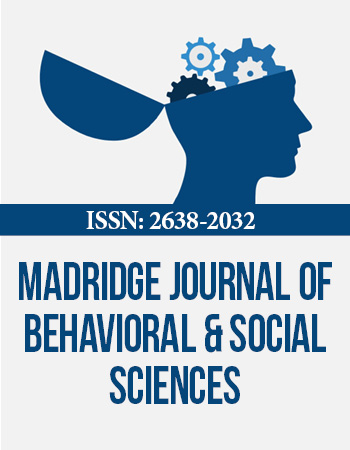International Conference on Alzheimerʼs Disease & Associated Disorders
May 7-9, 2018 Rome, Italy
Prediction of Conversion to Alzheimerʼs Disease in Individuals with Mild and Premild Cognitive Impairment with Machine Learning Algorithms
1Department of Clinical Neurosciences, Villa San Benedetto Menni Hospital, Italy
2Department of Psychiatry and Behavioral Sciences, Miller School of Medicine, University of Miami, USA
3Wien Center for Alzheimerʼs Disease and Memory Disorders, Mount Sinai Medical Center, USA
4Center on Aging, Miller School of Medicine, University of Miami, USA
5Research Institute of Mental Health and Neuroscience and Department of Psychiatry and Neuropsychology, University of Maastricht, Netherlands
6Department of Neurology, Herbert Wertheim College of Medicine, Florida International University, USA
7Department of Neurology, University of Florida College of Medicine, USA
8Mantovani Foundation, Arconate, Italy
No cure for Alzheimerʼs Disease (AD) has been found yet. Early identification of which subjects at high risk, i.e. those with Mild Cognitive Impairment (MCI), will later develop AD is of key importance. This would allow making clinical trials of new AD treatments more cost-effective and valid, as well as beginning available therapies at an early stage of the disease progression. Several machine learning algorithms for the prediction of conversion to AD in subjects with MCI have been proposed. However, most of them either achieved only limited predictive accuracy or are based on expensive and hard-to-collect information. A novel algorithm for a prediction of a 3-year conversion to AD in MCI and PreMCI subjects will be presented. The prediction is based only on cost-effective and non-invasively collectable information, such as sociodemographic characteristics, neuropsychiatric and neuropsychological test scores, cardiovascular risk indexes, and clinician rated levels of brain atrophy. The algorithm was trained on a sample of 123 MCI/PreMCI subjects and achieved a cross-validated AUC of 0.962 and a balanced accuracy of 0.913 (MCI sub-group alone: AUC = 0.914, balanced accuracy = 0.874). An indirect evidence of its generalized accuracy obtained with a transfer learning approach will be also presented. In conclusion, our algorithm achieved very high performances out performing the vast majority of currently available algorithms although it only employs predictors which can be non-invasively and cost-effectively assessed. Further testing and optimization in independent samples will finally warrant its trusted application in both clinical trials and clinical practice.
Biography:
Massimiliano Grassi is senior data and research scientist at the Clinical Neurosciences Department of Villa San Benedetto Menni Hospital (Albese con Cassano, Como, Italy), cognitive psychoterapist and lecturer in statistics at the Istituto Superiore di Osteopatia (Milan, Italy). He is author of more than 15 scientific papers and his current research interest focuses on the application of machine learning techniques for the development of predictive algorithms and personalized medicine tools in field of the dementia and psychiatric disorders.


